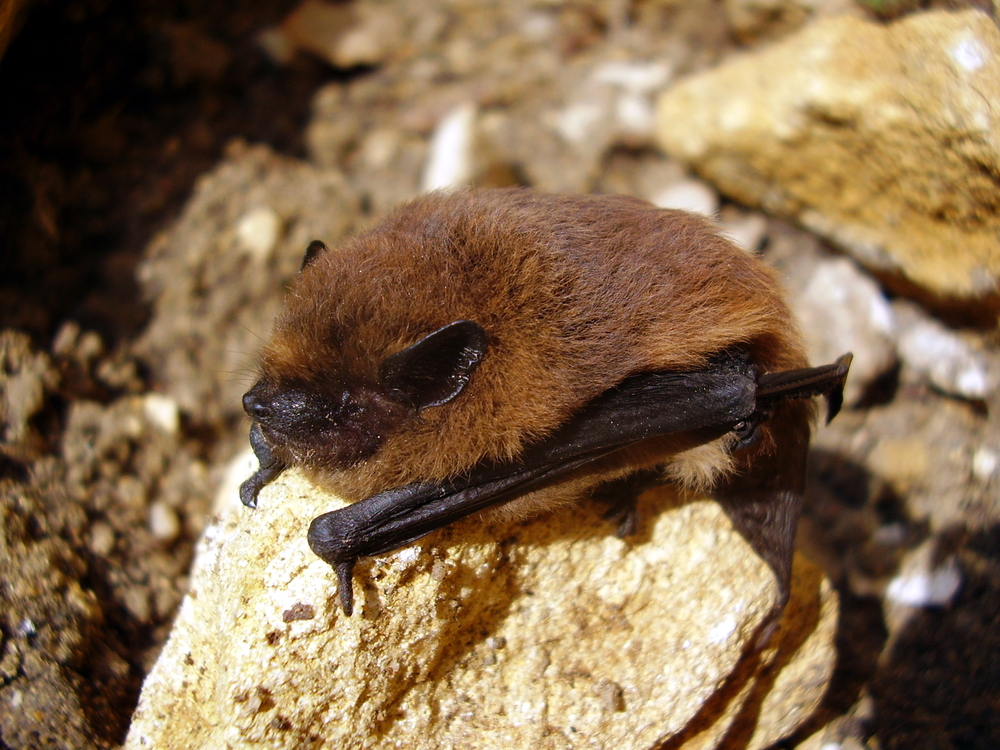Bat Survey Hertfordshire: Protected Species Survey
Bat surveys are undertaken for development sites to inform a planning permission application and determine the presence of bats within a structure or tree. In Hertfordshire, development works, from minor home improvements to major development projects require licensing to ensure no offences are committed in relation to the bat community. If it is likely that bats are present in an area, a survey will be required. The local planning authority will usually let you know if bats may be present and if a bat survey is required during the planning process.
A bat activity survey will detect the presence or likely absence of bats in a particular area so that plans can be made to proceed with a development. If bats or bat roosts are found to be present on a site, bat mitigation and compensation measures must be undertaken before any development work can begin that could affect bats negatively and detrimentally.
All species of bats in Hertfordshire are protected by several statutes, species including the common pipistrelle bat, Noctule bat and soprano pipistrelle bat. Any works affecting the lives and the breeding of bats, without first gaining a European protected species license, are against the law.
In England and Wales, bat activity is highest during the summer months. Therefore, surveys should be carried out during this time to determine the presence of potential roosting bats. If bat activity is found during a bat survey in the summer months, a bat hibernation survey may be required during the winter to establish whether the area is also used by hibernating bats.

Types of Bat Survey, Hertfordshire
Though there are many types of surveys that can be carried out to assess a number of details, the two most common are as follows:
Preliminary Roost Assessment/Scoping Bat Survey: This is the first step in the bat surveying process which involves an ecologist carrying out a site visit. They will carry out an internal and external inspection of the building looking for evidence of bats, including insect feeding remains and bat droppings.
Nocturnal Bat Survey/Bat Emergence Survey: This involves surveyors using bat detectors to record and analyse bat calls. They will be either dusk emergence surveys (when bats are leaving their roosts to forage) or dawn re-entry surveys (the end of the night out when all the bats return back to their roosts).
How Can Collington Winter Assist?
The team at Collington Winter Environmental are highly skilled ecological consultants and have much experience carrying out licensed bat surveys and reports on a range of development projects to assist with planning applications and ultimately help their clients get the required planning consent they need.
Our Ecological Director, Olivia Collington, holds a Natural England bat licence and has worked with several protected species of bats over the years.
For more information or a free quote on our bat surveys or any other protected species or ecology survey, please get in touch with our director at, info@collingtonwinter.co.uk. Alternatively, you can contact us via our website using the form below and we will endeavour to get back to you as soon as possible.
Contact Us
Registered Address
23 Bark Street East, 1st Floor, Bolton, BL1 2BQ
Cambridge Office
Future Business Centre, Cambridge Campus, Kings Hedges Road, Cambridge, CB4 2HY
Leicester Office
Rutland House, 23-25 Friar Lane, Leicester, LE1 5QQ
Bristol Office
Newminster House, 27-29 Baldwin Street, Bristol, BS1 1LT
Telephone
Head Office: 01204 939 608
Dumfries Office: 01387 378208

